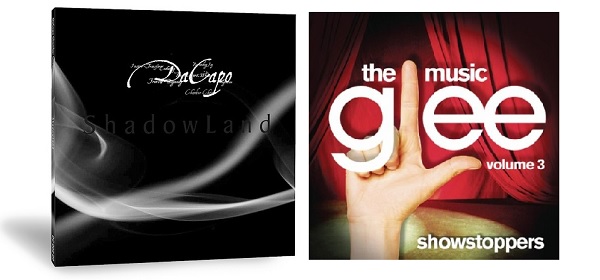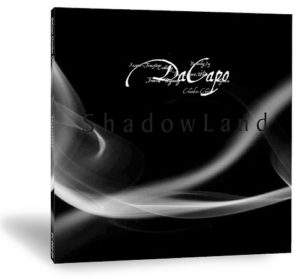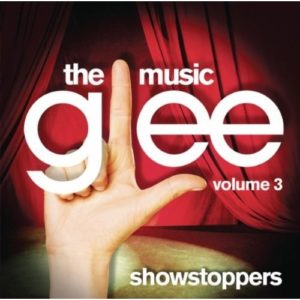By Jonathan Slawson, Journalist
ShadowLand
The DaCapo Chamber Choir
ShadowLand effectively uses various poetic fragments to present a poignant, musical perspective on eternity. The pieces, in succession, create a well-articulated, concise story. This seemingly patchwork concept (using five different 20th-Century Canadian and American composers), is stitched seamlessly throughout the entire CD.
DaCapo begins with Leonard Enns’, I Saw Eternity. With text from Henry Vaughan’s, The World, the listener is immediately engulfed by an overwhelming ethereal wash of sound. Enns brilliantly achieves an underlying haunting dissonance. Towards the end, there is a dizzying effect that leads to an eerie, contemplative unrest. From this, they segue to Eric Whitacre’s popular piece, When David Heard. Vocally, this piece is no easy feat; DaCapo conveys immense grief without sacrificing much musicality. Their slips in pitch, particularly from the sopranos, are easily excused because they successfully create a powerful, overarching mood.
Perhaps my favorite piece on this recording (and certainly the most musically refined) is Moonset by Enns. There is an entrancing, lush quality of this particular setting, and a forward momentum that helps guide the listener through the story. From this, they transition to a somewhat primitive setting of, The searching sings, by R. Murray Schafer. The recording concludes with a beautiful setting of Enns’, This amazing day and O ignis spiritus by Imant Raminish, set to text by Hildegard von Bingen.
One might suggest that, going forward, their program notes be less esoteric. It is difficult, but necessary, to create program notes that not only stimulate the choral music aficionado, but also appeal to the music layman. This being said, DaCapo has certainly produced a musical gem; be sure to add this recording to your choral music wish list.
The DaCapo Chamber Choir was founded in 1998 by director Leonard Enns in Waterloo, Ontario. The choir is dedicated to exploring a cappella music, primarily of the 20th Century and later, with a particular commitment to Canadian repertoire. The choir released its critically acclaimed debut CD, STILL in 2004. Shadowland is DaCapo’s second recording. ShadowLand received the 2010 National Choral Recording Award from the Association of Canadian Choral Communities.
For more information, go to www.dacapochamberchoir.ca
The Music Volume Three – Showstoppers
Glee
If you told me a year ago that there was going to be a television show geared towards high school students that focused on a cappella music, I would have said you were crazy. Fortunately for the industry, I am a music critic and not a network television producer. The relatively new television hit show, Glee, features on screen choral renditions of popular music.
The pilot episode first aired in America in 2009 to rave reviews. The show is now in their third successful season. Glee has been instrumental in popularizing a cappella music, particularly in high school music programs. This show integrates challenging adolescent issues (sex, drugs, relationships, etc…) into an on-screen musical. The first season alone was nominated for 19 Emmy Awards, 14 Golden Globe Awards, among many others.
The CD, Glee: The Music Volume 3, is unbelievably addictive. It sticks out in my collection of otherwise traditional choral music, but it is important to the advancement of, and appreciation for, choral music in our society. Glee has successfully broken the perceived elitist barrier of choral music and made it applicable and enjoyable to the musical layman.
The CD features hits like Richie’s, Hello, Gaga’s, Poker Face and Bad Romance, Perry’s, Beautiful, among many other songs that are currently driving societal pop culture. Though there is an emphasis on a cappella music, there are added musical soundtracks that add theatrics to the ensemble. The music is overproduced, with frequent use of pitch correction and sound mixing.
The creative team behind Glee has done more than produce a hit television show. They have answered a question that music educator’s around the globe have debated for years: How can I get my students interested in music? How can I best engage them in music class? To connect to our students, we must first connect to their world. We must show that there is a link between classroom music and the music they enjoy outside of school. This link will prove that there is relevance to classroom music. Glee connects popular music with choral music seamlessly, effortlessly, and enjoyably. Glee is their world. If you have not yet become a “Gleek,” you should jump on board quickly. Your students will appreciate it.
Interested in submitting a CD for review in the International Choral Bulletin? Please contact Jonathan Slawson at jonathan.ryan.slawson@gmail.com



